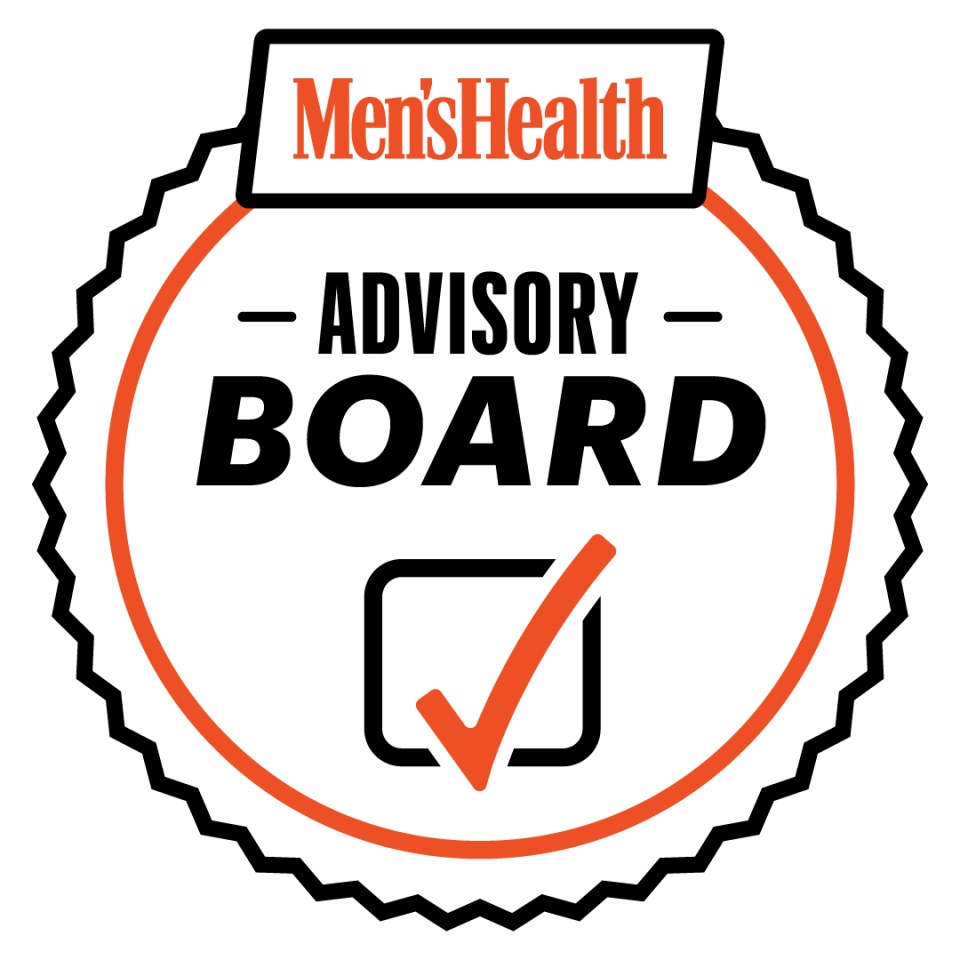It's Never Too Late to Get Measles—Or the Vaccine

If you didn’t get the measles vaccine (MMR) as a child-or don't know whether you did-should you get it as an adult? The answer is, unsurprisingly, a resounding yes. From January 1 to March 14, 2019, 268 cases of measles have been confirmed in 15 states. Even if you did get the vaccine, certain people who fit some specific criteria might need it again.

The vast majority of people have had the measles vaccine. One group that has recently generated public attention are the people who were deliberately not immunized as children, because of misplaced parental concerns over the safety or effectiveness of the vaccine. Those who are now becoming adults-and those who are already adults-have the opportunity to make up their own minds about whether to get themselves vaccinated.
Vaccination is generally a requirement for students planning to attend college, unless there is a legitimate medical reason not to vaccinate (such as a severe immune system disease). This is part of the social contract: you need to protect not only yourself but others who may not be able to take the vaccine. Depending on the state, some teens may be able to get vaccinated without parental consent before age 18: in all states, all may get vaccinated at age 18. Vaccines can be obtained from one’s own doctor, many local pharmacies, and state and local health departments.
But if you’ve had it, you’re fine, right?
Maybe. Two groups of people should check just how protected they are:
People who are risk of exposure to measles. This could be healthcare workers or childcare workers. These groups should consider getting tested for immunity-it’s a simple blood test your doctor can do. Healthcare workers are usually tested at hiring to be sure their blood contains protective levels of antibodies. Lack of antibodies might be due to a poorly stored vaccine, or someone may be one of the few people who didn’t respond. If not, they are required to get two doses of vaccine before starting to work.
People planning international travel to a place with ongoing measles outbreaks. Madagascar is having a massive outbreak now: information for travelers can be found at https://www.cdc.gov/measles/travelers.html. Those who do not have protective antibodies will need two doses before travel, separated by at least 28 days, so this requires advance planning.
People born between 1963 and 1967. Many who were born doing that time period were vaccinated using a killed vaccine, and they are at risk for a syndrome called atypical measles. The vaccine record should say whether you received a killed vaccine or a live vaccine (the Schwarz, Edmonston B, and Moraten strains are all live strains). If it doesn’t say, you can’t find your records, or received a killed vaccine, then you are at risk, and if you are in an area of an outbreak in the US or planning international travel to an area with an outbreak, you should see your doctor about getting revaccinated with 2 doses of the current MMR vaccine. (Since there is no measles vaccine apart from MMR, you get additional protection to mumps and rubella, and mumps has had several outbreaks lately.)
The measles vaccine is generally safe and effective, but there is no treatment in medicine that is perfect. Common side effects after the vaccine include joint pain, fever, and a short-lived rash. Two doses of the vaccine provides protection for more than 99% of the population, and this protection is thought to be lifelong.
Protection against measles is important, because measles is a serious disease. Many people mistakenly feel measles is no big deal, but it's not always a harmless disease. People over age 20 are more likely to have complications. Best case is two weeks off from work. Worst case goes from ear damage (can be permanent hearing loss) to pneumonia or encephalitis (swelling of the brain, which may cause permanent brain damage), both of which can be fatal. One out of 1,000 people with measles will die; 5 percent will require the ICU. One in 2,000 will later develop another problem, subacute sclerosing panencephalitis, which is uniformly fatal.
And even among those who have a straightforward course, measles leaves a "hole" in the immune system that predisposes people to other kinds of infections for years. There is no effective treatment for measles (although vitamin A is given to people with vitamin A deficiency), so prevention is important.
('You Might Also Like',)
